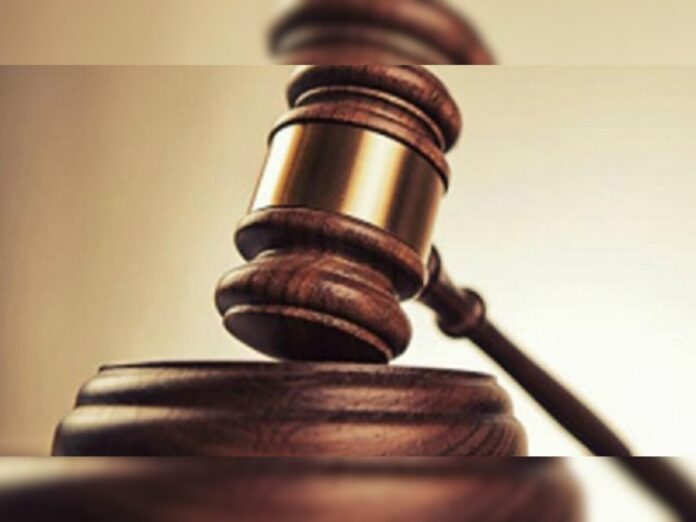On Monday, the Punjab and Haryana High Court took up a petition filed by Kaustubh Shakkarwar, a lawyer and student pursuing a Master of Laws (LLM) in Intellectual Property and Technology Laws at OP Jindal Global University. The petition challenges the university’s decision to deem his exam submission AI-generated content. Justice Jasgurpeet Singh Puri has sought a response from OP Jindal Global University regarding the matter, and the case has been scheduled for further hearing on November 14.
Kaustubh Shakkarwar, who previously worked as a law researcher with the Chief Justice of India, is no stranger to technology. He currently runs an AI platform related to litigation and practices in Intellectual Property law. The controversy began when Shakkarwar appeared for his first-term examination on May 18 as part of his LLM degree. He submitted his answers for the end-term examination for the subject ‘Law and Justice in the Globalizing World.’ However, the university’s Unfair Means Committee accused him of submitting responses that were allegedly “88% AI-generated” and subsequently declared him ‘failed’ in the subject on June 25. The decision was later upheld by the Controller of Examinations.
Challenging this outcome, Shakkarwar filed a petition, contending that there is no explicit prohibition on the use of AI tools in university examinations. He argues that the university lacks any explicit policy that equates the use of AI with academic misconduct, such as plagiarism. In the petition, which was filed through advocate Prabhneer Swani, Shakkarwar emphasized that the university had not issued any guidelines or communicated policies to students that would deem AI-assisted content as grounds for academic penalty. Furthermore, Shakkarwar maintained that the answers he submitted were entirely his original work and were not produced using AI.
The petition asserts that the university’s decision is flawed and lacks substantive evidence. Shakkarwar argues that the accusation is baseless, as the university has not presented even an “iota of evidence” to prove the claim that his submission was primarily AI-generated. He believes that without clear proof, it is unjust to impose such a penalty.
In a broader context, Shakkarwar’s petition also raises questions regarding the definition of authorship and copyright in the age of artificial intelligence. He is seeking a formal declaration that copyright does not reside with AI systems and that a human using AI is the rightful author of the work generated. His argument rests on the point that AI should be treated merely as a tool—a means to an end—rather than an independent creator with rights. He contends this aligns with the interpretation of Section 2(d)(vi) of the Copyright Act, 1957, which states that the copyright of a work created with assistance lies with the individual who used the tool.
In his plea, Shakkarwar cited Section 2(d)(vi) of the Copyright Act, arguing that even if one were to assume he had used AI in generating his answers, the copyright of that work would still belong to him as the creator. Therefore, any allegation of copyright violation lacks merit. Shakkarwar emphasized that AI, as a tool, cannot possess copyright over any content it helps generate, and as the end-user, he retains authorship and creative control over the work. He further highlighted that to establish an accusation of plagiarism there first has to be a clear violation of copyright. Since the copyright remains with him, the charge of plagiarism does not stand.
This case presents a significant challenge to how academic institutions and courts view the use of AI technologies in an educational context. The petitioner’s arguments touch on essential questions about authorship, originality, and intellectual property in a world where AI tools are increasingly accessible. As AI-generated content becomes more prevalent in education, the outcome of this case may set a precedent for universities in determining how to handle and regulate the use of AI in academic work. For now, the legal debate centres on whether the use of AI in academic submissions inherently violates rules of originality or intellectual property—questions that remain largely unanswered in the current legal landscape.
Justice Jasgurpeet Singh Puri’s decision to seek the university’s response signals the court’s interest in understanding the specifics of the policy framework at OP Jindal Global University. The hearing on November 14 will provide further insight into how academic integrity is defined in the context of new technologies and whether universities need to adopt explicit guidelines regarding AI usage. The outcome of this case could pave the way for a re-evaluation of academic guidelines to clearly define the permissible boundaries for AI use, ultimately influencing both students and institutions in their approach to technology in education.

